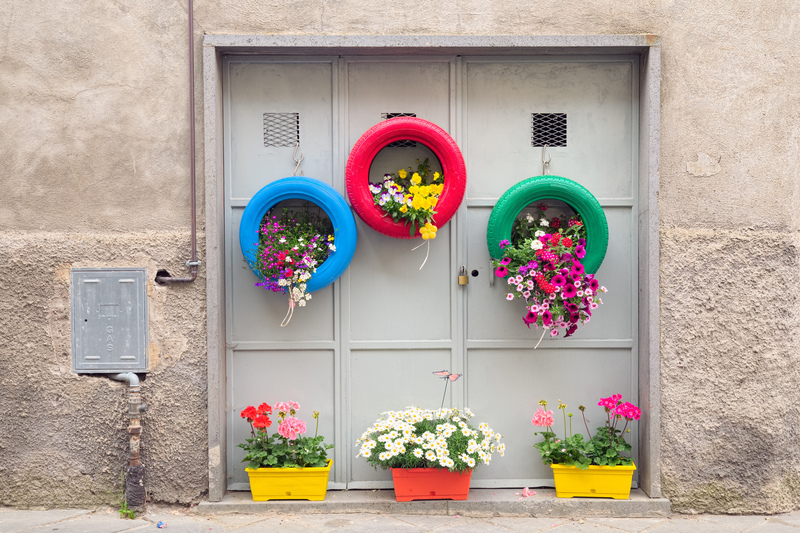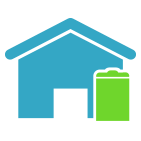Plastic Bottles - No More
Posted on 07/09/2024
The world has long been reliant on plastic bottles for convenience, from drinking water to storing household liquids. However, the environmental and health impacts of plastic bottles have become increasingly concerning. The shift towards eliminating plastic bottles is gaining momentum, and it's essential to understand why and how we can all contribute to this cause.
The Environmental Impact of Plastic Bottles
Plastic bottles are notorious for their adverse environmental impact. Fragile ecosystems and marine life suffer due to the sheer volume of plastic waste. Here are some stark facts:
- Non-biodegradable: Plastic bottles take hundreds of years to decompose, leading to long-term pollution.
- Ocean pollution: Millions of plastic bottles end up in the ocean annually, harming marine life.
- Landfill overflow: The majority of plastic bottles are not recycled and end up in landfills.

Health Implications of Using Plastic Bottles
The health risks associated with plastic bottles are often overlooked. Chemicals in plastic can leach into liquids, leading to potential health issues:
- BPA and other chemicals: Bisphenol A (BPA) is a chemical in polycarbonate plastics that can seep into beverages and has been linked to health problems.
- Microplastics: Small plastic particles, known as microplastics, can end up in the water we drink from plastic bottles.
Alternatives to Plastic Bottles
With growing awareness, several alternatives to plastic bottles have emerged:
- Reusable water bottles: Made from stainless steel, glass, or BPA-free plastic, these bottles can be used multiple times.
- Water filtration: Home water filters can reduce the need for bottled water by providing clean drinking water from the tap.
- Bulk purchasing: Buy in bulk to reduce plastic packaging and use your containers.
How to Phase Out Plastic Bottles from Your Life
Transitioning away from plastic bottles requires a strategic approach:
- Invest in a good quality reusable bottle: Choose a bottle that fits your lifestyle, whether it's sleek and portable for the office or rugged and insulated for outdoor activities.
- Stay hydrated with tap water: Ensure your tap water is safe to drink. Use filters if necessary.
- Advocate for change: Support policies and businesses that promote sustainability and reduce plastic waste.
Pros and Cons of Banning Plastic Bottles
Eliminating plastic bottles has its pros and cons, which need to be considered:
Pros:
- Reduces plastic waste and environmental impact
- Encourages the use of more sustainable materials
- Decreases health risks associated with plastic chemicals
Cons:
- Initial cost of purchasing reusable bottles
- Convenience factor; plastic bottles are easy to carry and dispose of
- Transition period; habit changes take time and effort
Tips for Reducing Plastic Bottle Use
Here are some practical tips to help you minimize the use of plastic bottles:
- Carry a reusable bottle with you everywhere you go.
- Encourage your workplace to install water coolers or tap filters.
- Participate in community clean-up events to tackle plastic pollution directly.
- Choose products with minimal packaging.
- Educate family and friends about the impact of plastic bottles.

Key Takeaways
To summarize the above points:
- Plastic bottles are harmful to the environment and our health.
- There are viable and sustainable alternatives available.
- Transitioning to these alternatives requires consistent effort and some initial investment.
Conclusion
In conclusion, saying "no more" to plastic bottles is a crucial step towards a healthier planet and a healthier population. By understanding their adverse effects and making conscious choices, we can significantly reduce plastic pollution and its detrimental impacts. Let's make a collective effort to phase out plastic bottles and embrace more sustainable living habits.










